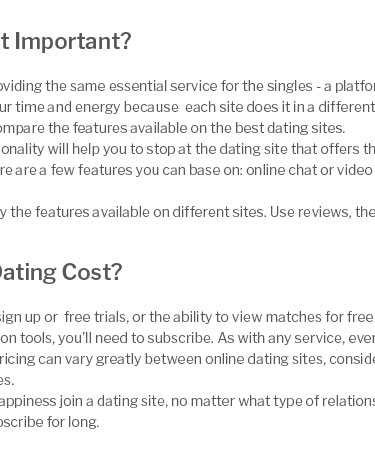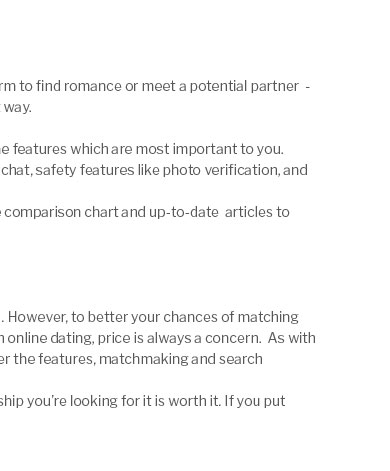 |
 |
|---|
|
|
|
|---|---|
 |
 |
 |
 |
|---|---|
 |
|
 |
|
 |
|
 |
|
 |
|
 |
|
 |
|
 |
|
 |
|
 |
|
 |
|
 |
|
 |
 |
 |
|---|
online affairs: dynamics, risks, choicesWhat online affairs meanOnline affairs involve emotional or sexual intimacy that forms through messages, images, calls, or interactive platforms outside agreed relationship boundaries. Because the channel is digital, people can feel intense closeness while assuming distance protects them from consequences.
Clarity on boundaries prevents confusion. Why people start themCommon motivationsDrivers include curiosity, validation, novelty, anonymity, and avoidance of hard conversations. Unmet needs can mix with an illusion of low risk.
Cognitive traps
Perceived gains and real impactPeople report excitement, attention, and creative expression. Yet hidden costs can touch mental health, trust, and security.
Short-term pleasure can collide with long-term goals. Boundaries, consent, and agreementsEvery relationship benefits from explicit digital norms. Use concrete language for what is permitted, what is private, and what requires check-ins. For guidance on discussing casual encounters and family values, the one night stand parents guide can help frame sensitive topics with clarity and care.
Consent applies to attention, not only to bodies. Safety, privacy, and digital hygieneDigital intimacy adds security risks. Treat credentials, media, and location trails as sensitive.
If exploration includes meeting through casual platforms, research moderation and consent features, verify identities in safe ways, and consider risk-reduction resources. Some choose directories such as adult hook up; if used, prioritize consent, safety, and honest intent. If a line feels crossedSelf-inquiry
Choosing disclosurePlan for empathy, accountability, and practical next steps. Decide whether to pause contact, seek counseling, and co-create boundaries that reduce ambiguity. When disclosure is chosen, center impact and responsibility rather than defense. Healing paths and next stepsRepair grows from transparency, consistent actions, and shared rules that remove guesswork.
Quick decision guide
FAQ
https://www.tavistockrelationships.org/online-affairs
It is part of the larger Online Affairs website which provides free articles for members of the public impacted by internet infidelity, as well as therapists working ... https://www.tandfonline.com/doi/full/10.1080/0092623X.2019.1654577
This study utilizes an online survey (open and closed questions) to examine how those whose partners' have engaged in online affairs define ... http://www.imom.com/online-affairs-the-struggle-is-real/
As a woman who felt empty in my own marriage relationship and who's come out on the other side of an online affair, my hope is that these simple things will help ...
|
|---|